TWO BRAVE WOMEN SHARE THEIR TRAUMATIC EXPERIENCES
THE number of domestic abuse cases against women is far higher than reported, since much of it happens behind closed doors and many victims are afraid to come forward. And even more so within the Asian community. Now, many women, including the elderly, are sharing their stories in an attempt to empower others.
Eastern Eye spoke to two Asian women from different generations, who anonymously shared their stories of abuse, with the hope that others who find themselves caught in a similar situation can seek help and find justice.
Anju*: I am now 75 years old and didn’t realise how much domestic abuse still haunted me. I spoke for the first time about my story after 50 years, as I couldn’t open up to anyone. The abuse started on my wedding night 50 years ago when my mother-in-law got into the bed between my husband and I.
I was basically not allowed to have a relationship with my husband and was brought into the family to go to work and earn money, which they took from me, and to serve my inlaws. The in-laws were controlling and my husband was distant.
Over the years of marriage, so much happened from extreme physical abuse to mental torture. We lived in the family extended home and one time my brother-in-law got into bed with me, which repulsed me. I tried to tell my husband about this, but he didn’t believe me. I couldn’t talk to or turn to anyone.
I was forced to have abortions, which were painful and humiliating. During my last pregnancy when I was eight months pregnant, my husband kicked me in the stomach repeatedly and my baby was stillborn.
My own family members didn’t come to my rescue and said they were helpless, as this is ‘what happens to all women’, so I should stick with it. I lost my confidence and self-esteem. I lived in fear and it impacted my older son, who even now has nightmarish flashbacks. I decided many times to leave but couldn’t because of society pressures and my kids being very young.
I felt guilt too because the abuse changed my personality. I became anxious, got stress, had negative thoughts, suffered from depression and fibromyalgia, all of which I now know are a result of the abuse. I would advise any woman going through abuse to seek help and stand up for yourself.
I’ve been lucky to do culturally sensitive mindfulness sessions through (mental health charity) ADHAR, which has allowed me the space to speak up about the trauma of abuse for the first time. I have had the opportunity to process sexual trauma, grief, reducing shame and blame with these sessions, which our culture puts on their women.
We carry so much shame and guilt but shouldn’t have to. If you are experiencing abuse you must seek help. Empower yourself and regain your self-confidence. If I can do it after holding on to the trauma of abuse for 50 years, anyone can. Do it sooner, it can heal you.
Ruby*: About 17 years ago, I was in a toxic relationship so awful that I wouldn’t wish it on my enemy. In the beginning, he wooed me with love, affection and gifts. I felt on top of the world and the relationship was fantastic.
Then one day that all changed when, while out together, a guy I knew well hugged me. I thought nothing of it, as I had many male friends. I thought we had a solid foundation and felt like his queen. When we got home that evening things seemed normal, but then, out of nowhere, I got a punch straight in my face.
I didn’t know what I’d done. I was in shock, so said nothing. I didn’t know or understand why he punched me – it was wrong. I punched him back, but he punched me harder and harder until my face was so swollen.
When he stopped I couldn’t go home as my family would have seen my face. So, I went to my friends and she put ice on my face to lessen the swelling. When he rang me, I was in tears. He apologised and said he’d never done that before. He said I love you and so many things that I forgave him.
This wasn’t the typical behaviour of the man I fell in love with. I thought I knew the real him, which was there somewhere. I went back to him and it was the beginning of many of his “I’m sorry” moments.
Over the years I lost sense of who I was through the mental and physical abuse he inflicted on me. I felt like a robot. I lost my confidence due to the mental abuse. I thought I had no purpose in life. I had no friends and was all alone. I felt suicidal and attempted to take my life three times. Thankfully, god had a different plan for me and this is why I’m still here.
The lowest point was him raping me, while holding a Stanley knife to my throat. The abuse went on for eight years and it was a dying friend who inspired me to value my own life and leave the abusive relationship.
I had no support as he had turned everyone against me. He kept harassing me. I was scared he would turn up at my door and do something to me. I finally managed to get away from him.
Today, I feel stronger and no longer see myself as a victim. Doing the recovery toolkit and having mindfulness therapy through ADHAR has helped me to explore my mind, body and spirit. I now volunteer with the Freedom Programme and try to help others. I am now looking at life differently, trying to live and trust my judgement again.
With so much judgement in the community, having an Asian therapist who acknowledged the abuse and didn’t judge me was a very big thing for me. The therapist understood how important it was to help me to understand what happened to me was not my fault and to stop torturing myself.
The advice I would give women going through abuse is that if something doesn’t feel right, it isn’t. Go with your gut instinct and seek help. Look at Clare’s Law as this will give you a history if he has any convictions.
Today, I feel I’m ready to move on and have got all the tools that can help me along the way. I am looking forward with hope and would like to share my life with a good man.
* Names have been changed to protect the identity
If you have been affected by domestic abuse, contact adharproject.org, www.clarewalkerconsultancy.com, hopetraining.co.uk, www.womensaid.org.uk and www.southallblacksisters.org.uk
















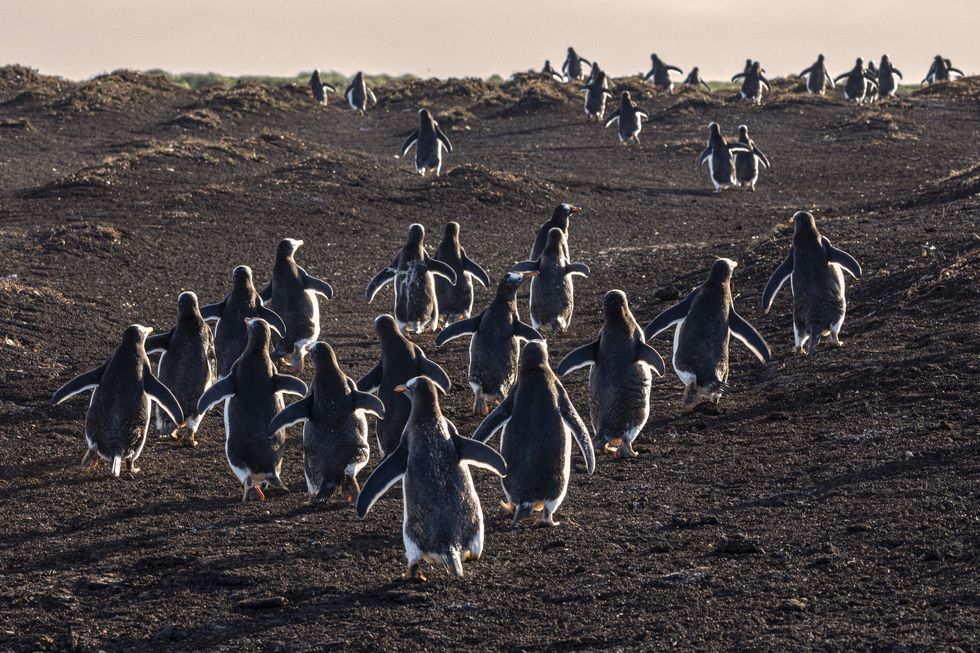 Penguins inhabit a wide range of environments across the Southern HemisphereiStock
Penguins inhabit a wide range of environments across the Southern HemisphereiStock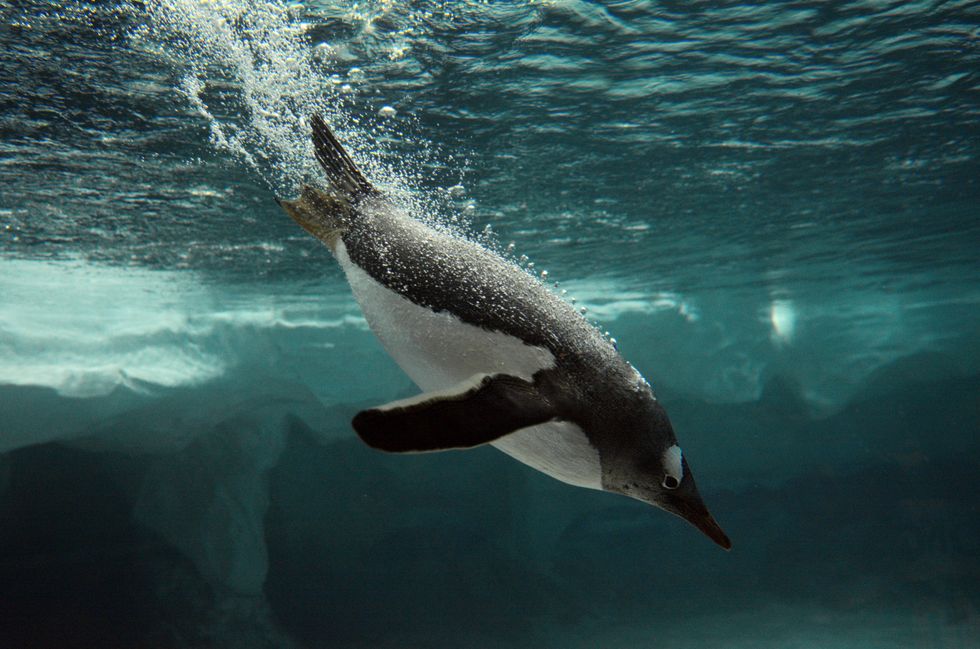 Penguins have evolved to use their flippers to propel themselves through the water iStock
Penguins have evolved to use their flippers to propel themselves through the water iStock Penguins have developed remarkable adaptations to survive the extreme coldiStock
Penguins have developed remarkable adaptations to survive the extreme coldiStock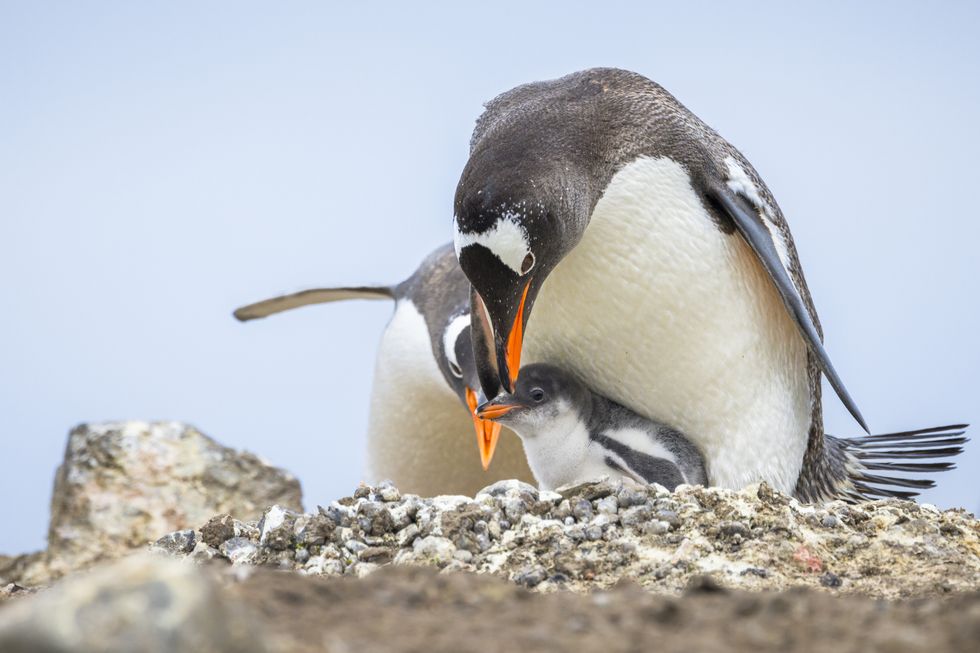 One of the most striking aspects of penguin behaviouriStock
One of the most striking aspects of penguin behaviouriStock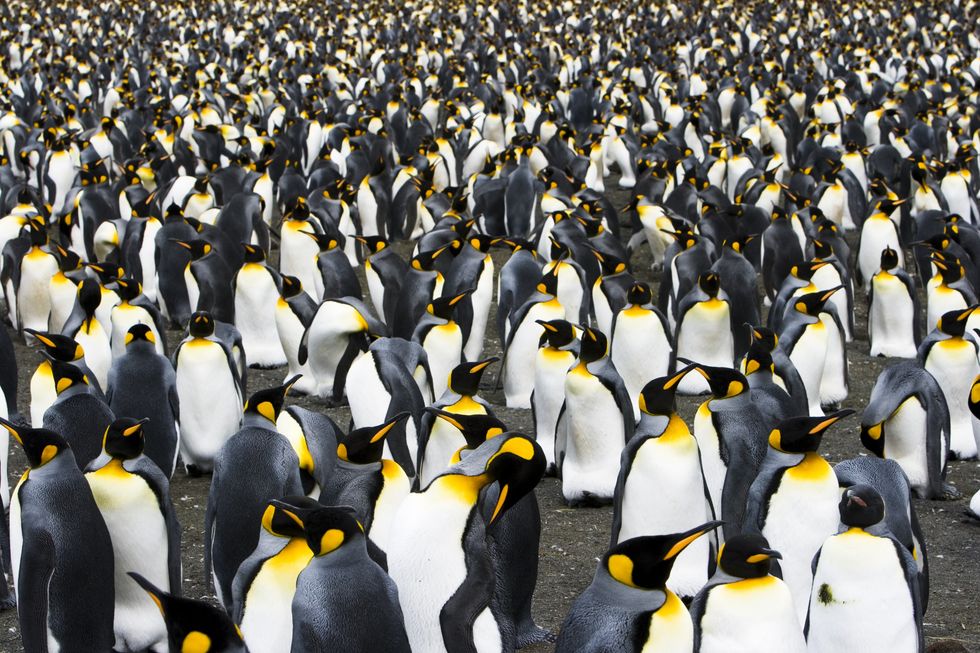 Early penguins were quite different from the flightless birds we see todayiStock
Early penguins were quite different from the flightless birds we see todayiStock

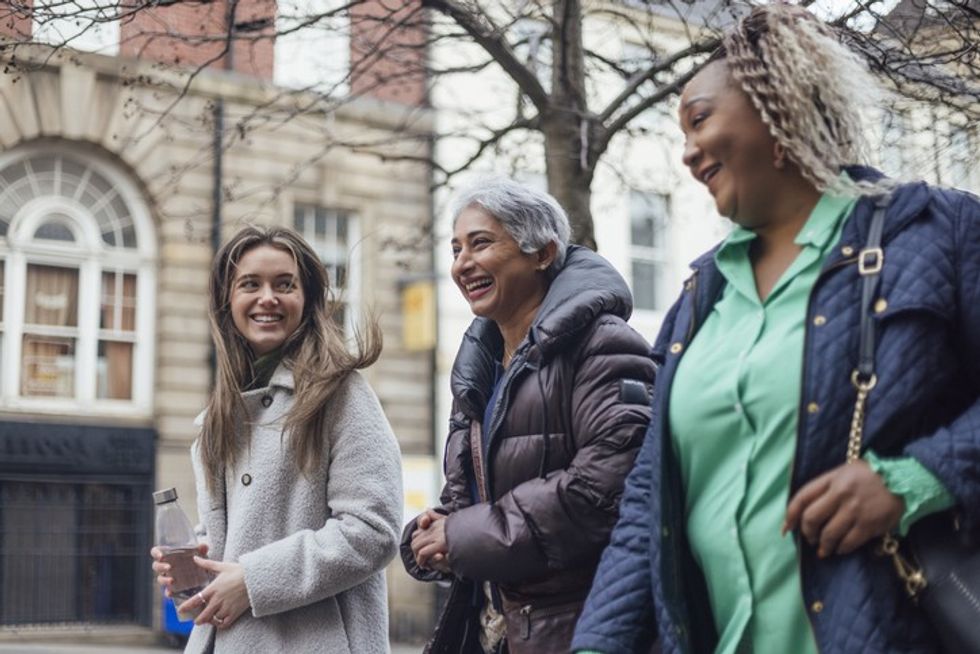 There’s deep healing in the communityiStock
There’s deep healing in the communityiStock
